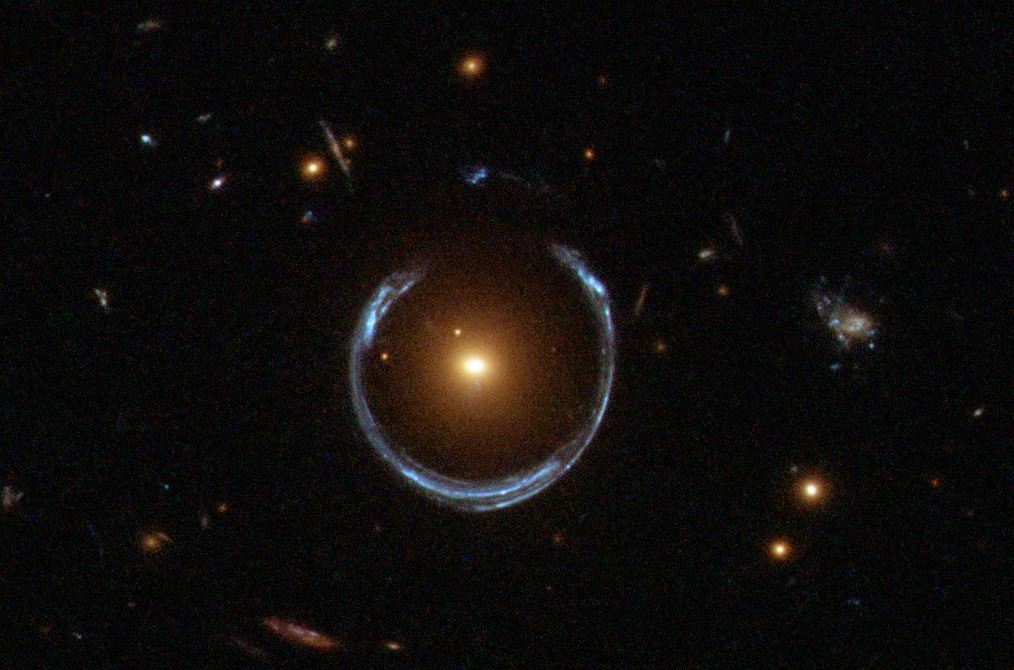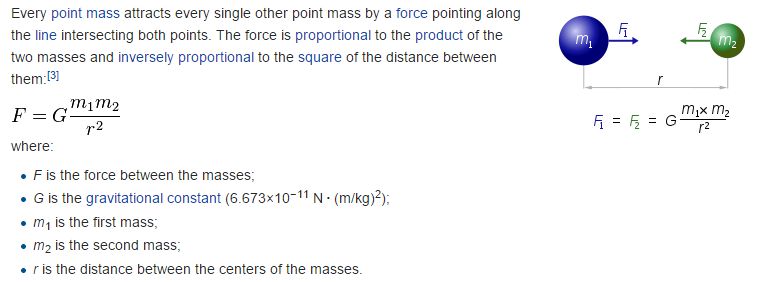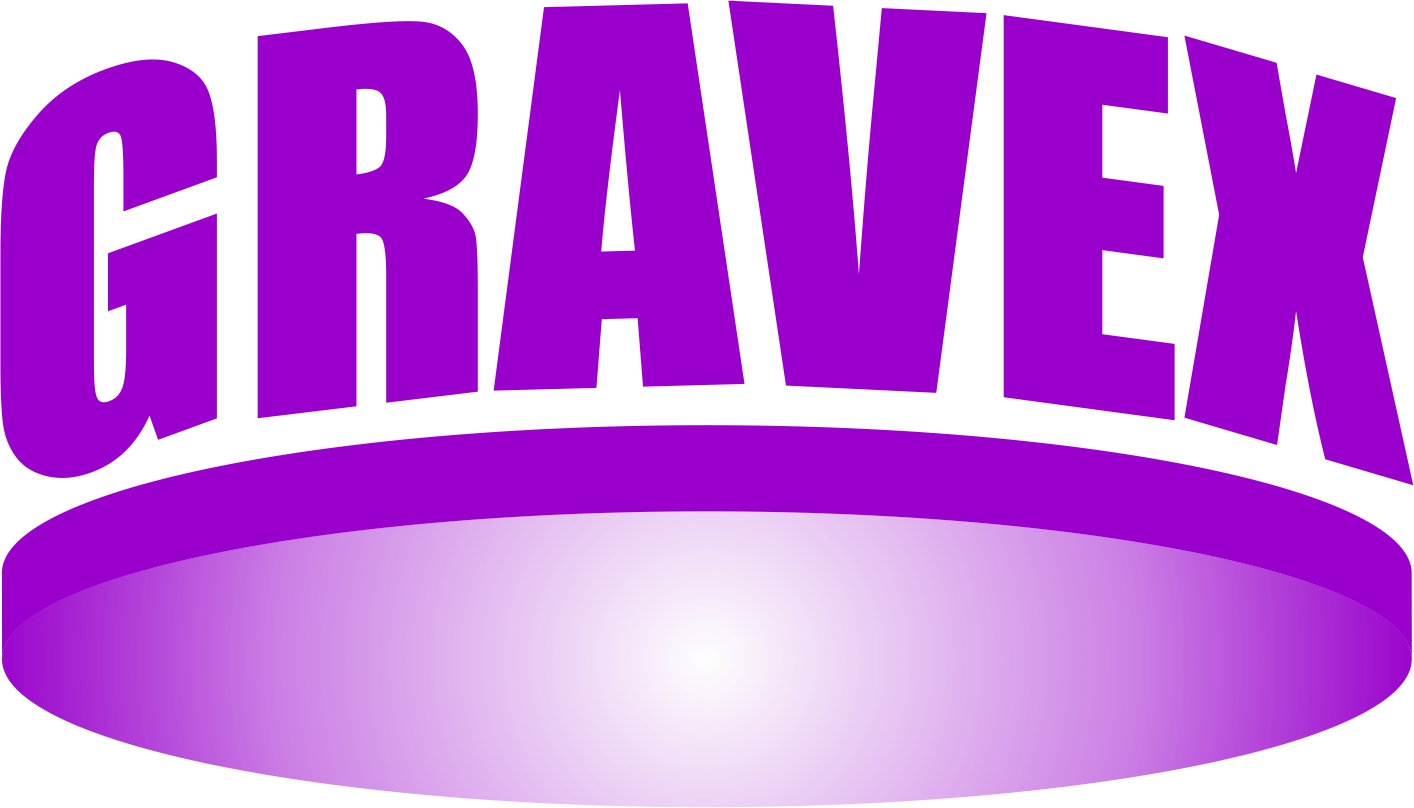The Science of Orlando Jax
Gravity I - a mysterious force

ESA/Hubble & NASA
Gravity is one of the most useful and perplexing of forces.
To an extent it defines what we are and how we live. We don't even think about it - we just assume it's always going to be there, controlling our lives in the particular way it does. We have Newton and Hooke to thank for writing down a first definition that helps us to understand how this force works. This is the equation:

As the definition states, the gravitational force is inversely proportional to the square of the distance between the two masses. This is why, as you head off into space, the effects of gravity reduce very rapidly to the point that when you are at International Space Station heights, gravity is barely noticeable. You become "weight-less".
As we know from our experience of space travel, long periods of weightlessness are not beneficial for the human body, and we have to rethink a lot about how we live. Gravity keeps our muscles muscular, and is very useful for confining things to the table when you are eating your dinner. When writing about space ships, an author has three basic choices:
- You can create a ship that generates the same effect as gravity by spinning a large section of it. In the book I use this idea for Geo Station, at the top of the space elevator, and the same principle was used for the ships in the films The Martian and Passengers. It's an idea that has been around for a long time.
- You can create a special device that generates gravity, or
- You can simply avoid the subject and assume that everybody knows space ships have artificial gravity. They didn't float around the first Starship Enterprise, did they?
For a ship like the Claw, you can't create it with great big spinning structures. It's an assault ship, built for combat. It needs to be very tough and manoeuverable. The Claw is also an atmosphere capable ship which means it has to be able to move through atmospheres without destroying itself. This necessitates the need for aerodynamic lines. So with the Claw I was stuck with options 2 and 3, and in the end option 3 was the simplest - although I did touch on option 2 when Jezebel was stealing the Endurance.
However I have been doing a lot of thinking about this, and the bigger problem is that gravity is so hard to understand. I took it upon myself to read Brian Greene's opus, The Elegant Universe, but things get very complicated and very confusing very quickly. Take the idea of Gravitons, the particles that are possibly the way the gravitational force is transmitted. How can you create an attractive force by firing particles at things? Things get even weirder when the discussion moves to strings vibrating at certain frequencies, and M theory. For a good summary of all this have a look at this excellent article from the BBC.
I think we will eventually find a way of creating artificial gravity, be it by generating gravitons or some other field. We can very precisely create radio waves, and X rays and beams of electrons. It will come eventually. I'm putting my money on an industrial consortium GRAVEX, that is able to manufacture gravity plates which simply get built into the floors of ships like the Claw and keep everything where it should be. And if you pay a bit more for the deluxe service, they will even attach an anti-gravity plate to the bottom of your ship to let you descend gracefully to the surface of planets, and leave again, without the need for all those dramatic thrusters.
